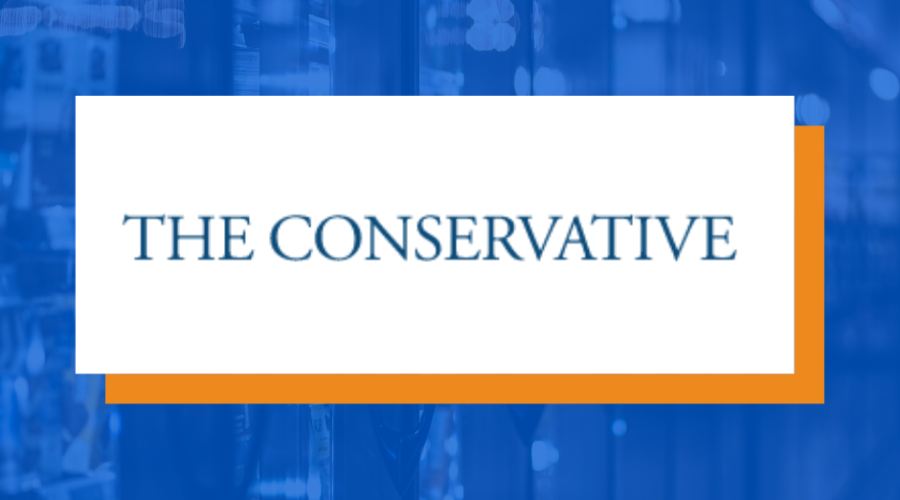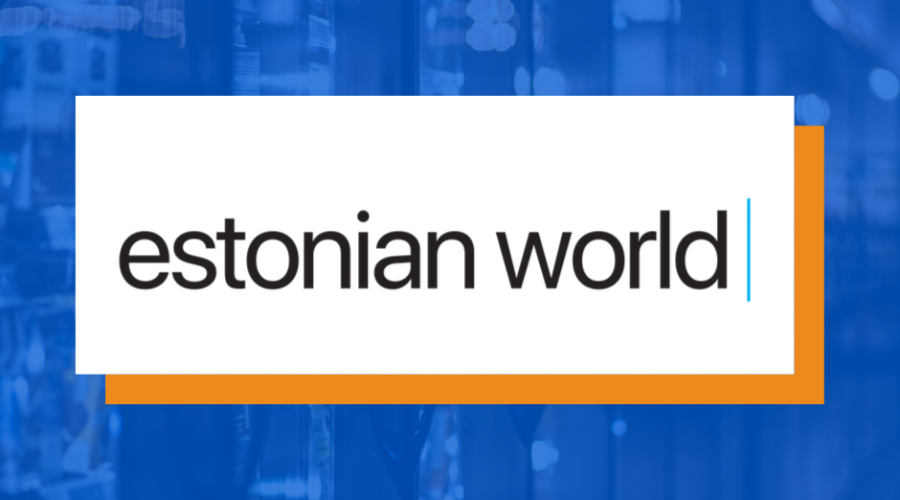5G lobbying through fake news
Keeping everyone safe is good… but preventing progress based on false information is bad for everyone.
Every technology generates some degree of scepticism. Whether it’s the discovery of electricity, the invention of the train, or the arrival of microwaves in our kitchen equipment, critical voices are asking important questions about safety. The 5G network is no exception. However, at some point, we have to accept the scientific results. Type “5G” and “health” into search engines. You will find several articles that cannot give you exact answers about the health implications of the network, but they do suggest several fatalistic scenarios.
The type of radiation involved in wireless communications is in the radio wave range, and these waves carry much less energy than ionising radiation, such as X-rays and cosmic rays, which can break chemical bonds in DNA and lead to cancer. In the US, the Federal Communications Commission (FCC) regulates the number of waves that can be emitted. The only known biological effect of radio frequencies is heating: your body temperature can rise under these conditions.
However, the existing limits are such that they avoid the risk of overheating. If the limits set by the current regulations are respected, there are no biological consequences. It should also be added that 5G frequencies are different from what is assumed in the media. Opponents of 5G technology claim that the technology’s high frequencies will make new phones and cell towers extraordinarily dangerous.
The truth is exactly the opposite, as scientists explain. The higher the radio frequency, the less it penetrates the human skin, reducing exposure to the body’s internal organs, including the brain.
So what is the point of the myths against 5G?
On the one hand, we have the general and regular scepticism of anti-progress environmentalists and anti-corporate conspiracists. Such opposition can never be refuted with scientific evidence. On the other hand, we are witnessing scepticism from the general population, organised through different mediums, including the Russia Today (RT) website. In the US, the New York Times explains that RT America is flooding social networks with anti-5G messages. The idea is to stop the US from making progress to the benefit of Russia.
Much more simply, misinformation is often to the benefit of certain competing companies. We saw this in the discussion on car connectivity – 5G versus wi-fi: manufacturers were lobbying Brussels to convince the EU to support one or the other. In July 2019, the German government published its position on these future technologies. It is preparing to support the use of wi-fi technology to link connected cars, arguing that 5G technology is not yet mature enough to deliver results. The document published by the German government states that “the industry should focus on technology that uses short-range, wi-fi-based signals”.
In response, some car manufacturers have come out in favour of the German government’s position, while others have argued that Berlin should support 5G technology instead.
The lobbying battle is being waged through traditional communication channels. At this level, a basis of verifiable facts must first be established in order to discuss on an equal basis of knowledge.
In the case of 5G, this debate will be crucial for Europe’s technological future.
Originally published here.











